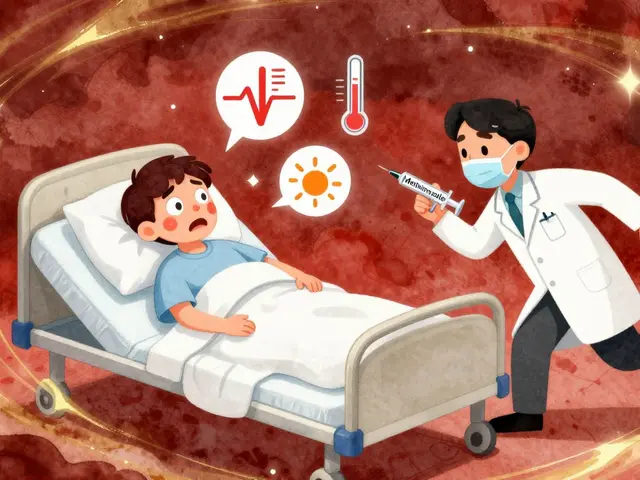
High Altitude: Health Risks, Adaptation, and What You Need to Know
When you climb above 8,000 feet, your body enters a different world. High altitude, the region above 8,000 feet where air pressure and oxygen levels drop significantly. Also known as hypobaric environment, it forces your body to adapt—or struggle. This isn’t just about feeling winded on a hike. At high altitude, your blood carries less oxygen, your lungs work harder, and your body starts changing in ways you can’t control. Many people think it’s just about fitness, but even athletes get sick here. It’s not weakness. It’s physics.
One of the biggest risks is altitude sickness, a group of symptoms caused by rapid exposure to low oxygen levels. Headache, nausea, dizziness, and fatigue aren’t just signs you’re out of shape—they’re your body screaming for more oxygen. In severe cases, fluid builds up in your lungs (high-altitude pulmonary edema, a life-threatening condition where fluid leaks into the lungs) or your brain (high-altitude cerebral edema, swelling of the brain due to lack of oxygen). These aren’t rare. They happen to healthy people who skip acclimatization. The key isn’t to push harder—it’s to go slower. Most cases can be avoided with simple steps: take two days to climb above 8,000 feet, drink plenty of water, avoid alcohol, and sleep lower than you climb.
People who live at high altitude develop natural adaptations—more red blood cells, bigger lungs, better oxygen use. But if you’re visiting, your body needs time. Some take supplements like acetazolamide to help, others rely on breathing techniques or oxygen canisters. What works for one person doesn’t work for another. That’s why understanding your own limits matters more than any guidebook. If you’ve ever felt dizzy on a mountain, or noticed your lips turning blue after a ski trip, you’ve felt the effects of low oxygen. You’re not alone. Millions travel to high-altitude places every year—Colorado, the Andes, the Himalayas—and many don’t know how to protect themselves.
The posts below cover real situations where high altitude intersects with health, medication, and daily life. You’ll find guides on how certain drugs affect oxygen use, what supplements might help—or hurt—your acclimatization, and how conditions like fluid retention or sleep issues get worse at elevation. Whether you’re planning a trip, living at altitude, or just curious why you feel so tired up there, this collection gives you the facts—not guesses.
-
18 Oct







